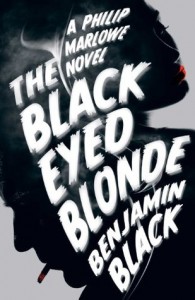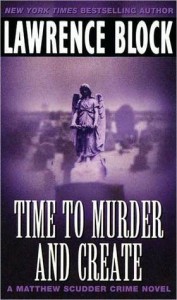 Title: Nada (Goodreads)
Title: Nada (Goodreads)
Author: Jean-Patrick Manchette
Translator: Donald Nicholson-Smith
Published: NYRB Classics, 1972
Pages: 256
Genres: Pulp
My Copy: Paperback
Buy: Amazon, Book Depository, Kindle (or visit your local Indie bookstore)
My reading tastes have changed so much in the few years that I have been a reader. When I first discovered my love of reading 11 years ago, I loved crime novels and that eventually led me to discover noir and hard-boiled fiction. Nowadays I spend the majority of my time reading translated literature, but I sometimes turn to crime for some palette cleansers, because that is what they are. The problem I find is that American authors seem to be the best at writing the crime novels I enjoy; it must be related to their crime rates and frivolous gun laws. There is one French author that I think bridges my two loves, pulp novels and translations, and that is Jean-Patrick Manchette (I am sure there are others, I am just yet to discover them).
Not to brag, but I recently read Nada while staying in a gorgeous treehouse up in the Atheron Tablelands. Nada is a leftist revolutionary/anarchist group that decides to kidnap the United States Ambassador to France while he is visiting a brothel. As you can imagine from a noir novel, things do not turn out too well. I do not want to explore the plot because I much prefer to explore themes when talking about literature. Besides, rehashing the plot is more for the back of a book, not a review.
What I was surprised to discover with Nada, was the way Manchette added so much political and social commentary into the novel without taking away from the fast, action paced plot. Relevant to today’s political climate, this group of anarchists wanted to send a message to the right. The problem was that each member had their own motivations besides making money. What fascinated me here was the way Jean-Patrick Manchette played with the concept of political terrorism and revolutionaries. Depending on your political beliefs these are two sides of the same coin. I was drawn to the disarray of the anarchist group, and to me it became a reflection of the problem the left-wing often faces, which is an insurmountable amount of social issues that need to be corrected in this world. Both Jean-Patrick Manchette and I are leftists, however my political ideology might be very different to Manchettes. Where the right-wing has a much smaller amount of concerns when it comes to political and social issues, meaning they tend to appear more united.
The way Manchette plays with this idea in the concept of a noir novel was masterful. At no point did he take the foot off the gas to explore these social issues, Nada was always a fast-paced thrill ride. He was skilful enough to add his ideas into the book for people interested in dissecting the plot. While I spent so much time thinking about the social commentary, other readers might find this to just be an entertaining crime novel. I am impressed at the way Jean-Patrick Manchette was able to achieve this in his writing.
This was not my first attempt at Jean-Patrick Manchette, I have read The Gunman (which was translated by James Brook) in 2018 and it did not give me the same level of enjoyment. I could not tell you if it was not a great novel or if I did not look hard enough to find the deeper meaning. I am often drawn to books that offer more than an exciting plot and I found that in Nada, but not in The Gunman. Donald Nicholson-Smith appears to be translating all of Jean-Patrick Manchette’s books for NYRB Classics and I am tempted to try them all. I do have Fatale, The Mad and the Bad and Ivory Pearl on my shelves, but not sure which to try next.

 Title: Get Shorty (
Title: Get Shorty ( Title: Double Indemnity (
Title: Double Indemnity ( Title: The Fever (
Title: The Fever ( Title: The Black-Eyed Blonde (
Title: The Black-Eyed Blonde ( Title: Time to Murder and Create (
Title: Time to Murder and Create ( Title: Miami Blues (
Title: Miami Blues ( Title: Fadeout (
Title: Fadeout ( Title: Grifter’s Game (
Title: Grifter’s Game ( Title: The Last Good Kiss (
Title: The Last Good Kiss (